Anti-Semitism ‘an attack on my wife and children’: judge Michael Lee
In an extraordinary and deeply personal speech, the Federal Court judge declared any attack on the Jewish community is an ‘attack upon my wife and my children’.
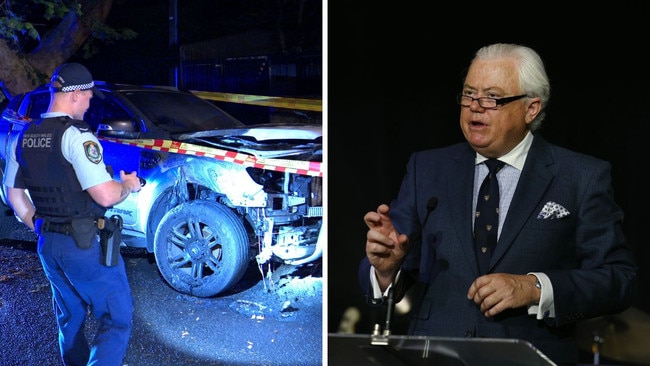
In an extraordinary and deeply personal speech, Federal Court judge Michael Lee says the “growth and mainstreaming” of anti-Semitic behaviour stemming from the October 7, 2023 massacres must be tackled, and declared that any attack on the Jewish community is an “attack upon my wife and my children”.
In Justice Lee’s powerful address, delivered the night after a car was torched and buildings were vandalised with horrendous anti-Semitic slurs in Sydney’s eastern suburbs, Justice Lee said some Australians do not understand the “complex narrative” of the Middle East conflict and instead prefer “historically flawed” reports from parts of the media.
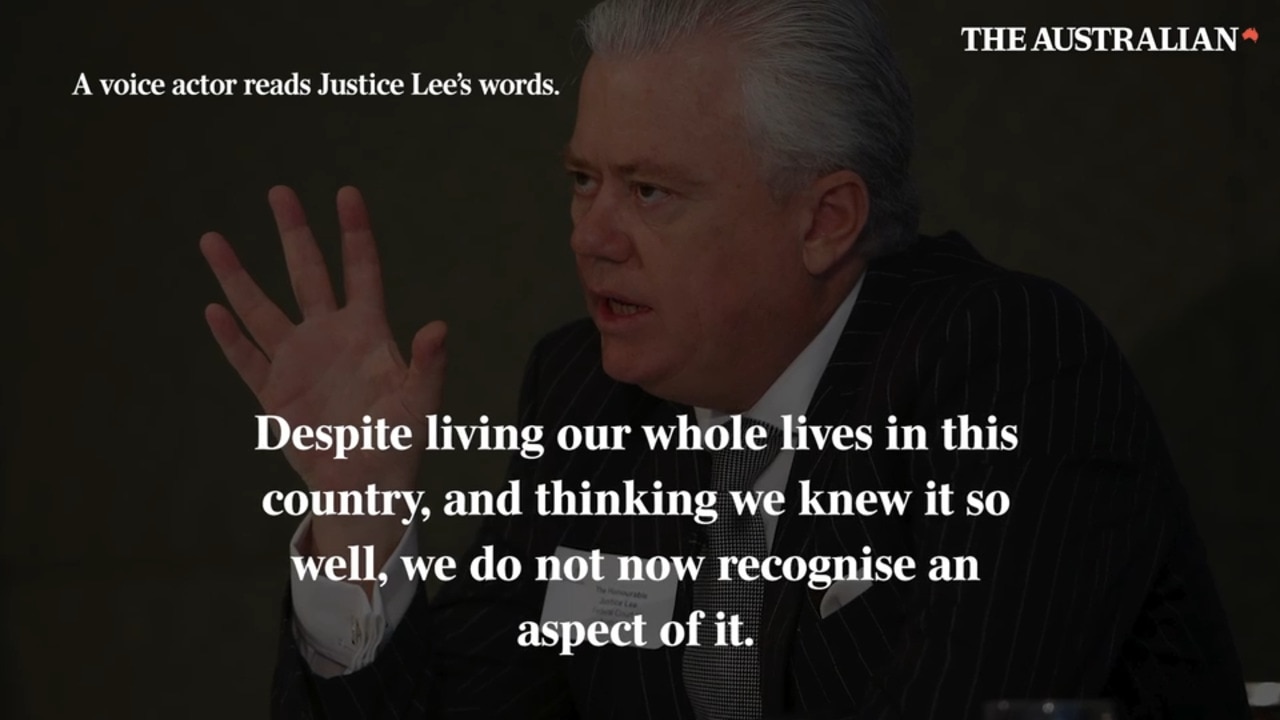
Anthony Albanese condemned the attacks in Woollahra, but Jewish leaders and former prime minister John Howard said Labor’s “inaction’ on anti-Semitism was partly to blame for the major escalation in violence.
In his speech, Justice Lee praised Western Sydney University for showing strong leadership when campuses were overrun with pro-Palestine encampments this year, but said Australian institutions were producing future leaders who have a “sense of self-righteousness” exacerbated by a “lack of a traditional Western historical education”.
Reflecting on behalf of he and wife Penny – the daughter of former NSW ombudsman and prominent Jewish lawyer David Landa – Justice Lee said he was struck by a “discomforting” reality after Hamas invaded southern Israel.
“The revelation for both of us, since October 7, is that in our different ways, and from our different perspectives, the stark and discomforting realisation that despite living our whole lives in this country, and thinking we knew it so well, we do not now recognise an aspect of it,” he said, speaking to the Jewish House Gala Dinner.
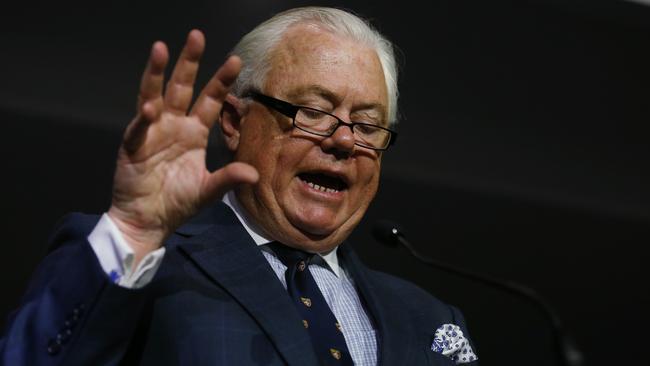
“Connected to this was the realisation that some people we thought we knew well did not understand, or did not want to understand, a more complex narrative than that presented by simplistic and historically flawed declamations on social and some other media; nor were they empathetic to the trauma the events of last year and its consequences have occasioned.
“Whether this appreciation is a result, Saul-like, of scales falling from our eyes or a profound shift in the culture might be thought, at least on one level, to be of little moment. But upon reflection it does matter because the growth and mainstreaming of anti-Semitism we have all seen emerge over the last 13 months must be tackled, but understanding how it is to be tackled requires some understanding of how we got to where we are.”
Justice Lee, a judge of the Federal Court since 2017, rose to prominence during the high-profile defamation case between Bruce Lehrmann and Network 10, and has become well known for his quick wit and sharp turn of phrase. Speaking on Thursday night in a personal capacity, he told the crowd he was introduced to “the richness of the Jewish lived experience through my wife’s family”. “Twelve years ago, I gave a speech in the function room behind Temple Emmanuel. I remarked that when I was a boy learning public speaking at a Marist Brothers school, I was confident that there were a number of opening words of a speech that I would never utter,” he said.
“One form of opening words was: ‘I proudly accept your nomination for President of the United States’; another, equally unlikely, were the words I opened with on that occasion, being: ‘Welcome to my son’s bar mitzvah’.”
He said there had been a “soft revolution” in values over the past 50 years within “numerous institutions, including universities, unions, the arts, and schools”.
“In universities, it can be seen in courses focused on what is described as ‘critical legal studies’ but is most evident in the social science, history and education faculties,” he said, adding that it is “unsurprising” students “now seem to use school and university to proclaim, rather than to learn”.
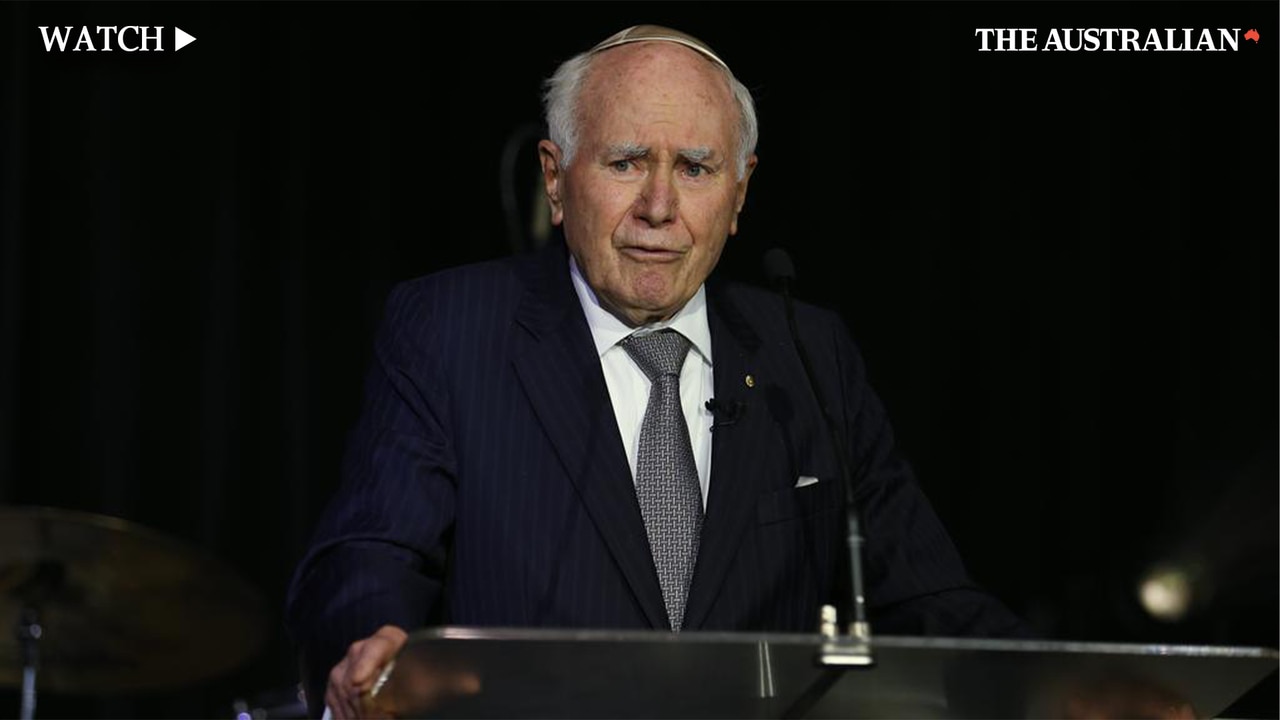
His comments come after universities – including Deakin University, Melbourne University and the Australian National University – were overrun with pro-Palestine protests earlier this year, with many playing host to weeks-long encampments.
In September, University of Sydney vice-chancellor Mark Scott apologised for the “unacceptable” anti-Semitism experienced by Jewish staff, students and alumni during an eight-week campus protest.
Justice Lee said the Jewish community and “non-Jews of goodwill” must attempt to effectively communicate with a generation of people exposed to institutions that are “producing an apparently significant number of future leaders whose lack of a traditional Western historical education is matched by their sense of self-righteousness and their willingness to spout slogans”.
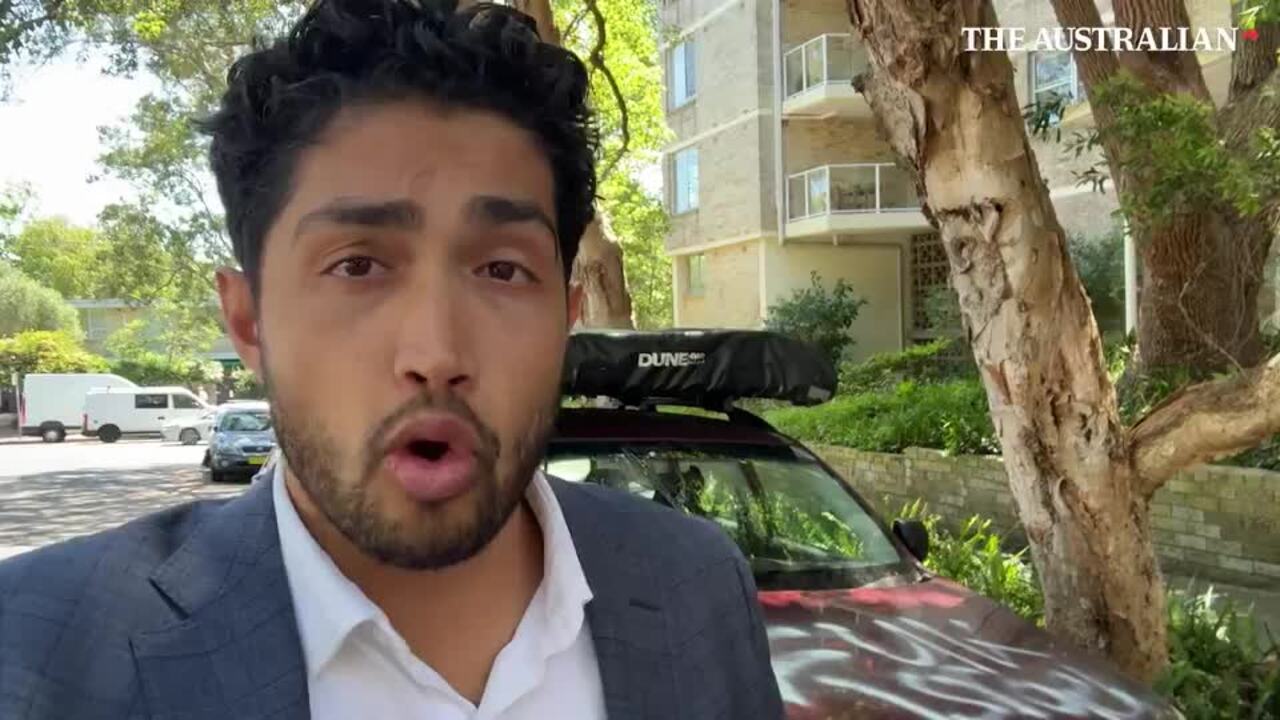
“This is a worrying combination, further exacerbated by access to a balkanised ‘legacy’ media and social media, resulting in preconceived notions being re-enforced by the like-minded,” he said, adding “good leadership” at universities can have an impact when it comes to “institutional decay and the diminished intellectual rigour of many courses”.
“I am on the board of an institute within the Western Sydney University,” he said. “In contrast to other universities, and despite having the largest Muslim population of any university in Australia, I was pleased to see it had had no encampments, and the leadership of the university spoke out promptly and firmly against anti-Semitic speech.”
Justice Lee concluded his address by echoing the words of his wife’s late grandfather, former NSW housing minister Abe Landa, when speaking to the NSW Legislative Assembly in 1946. “‘I shall treat any attack on the Jews as an attack upon my wife and my children’,” he said. “Although, unlike Abe, I cannot say I spring from your faith, over the sweep of almost 80 years, I can say I feel exactly the same way.”


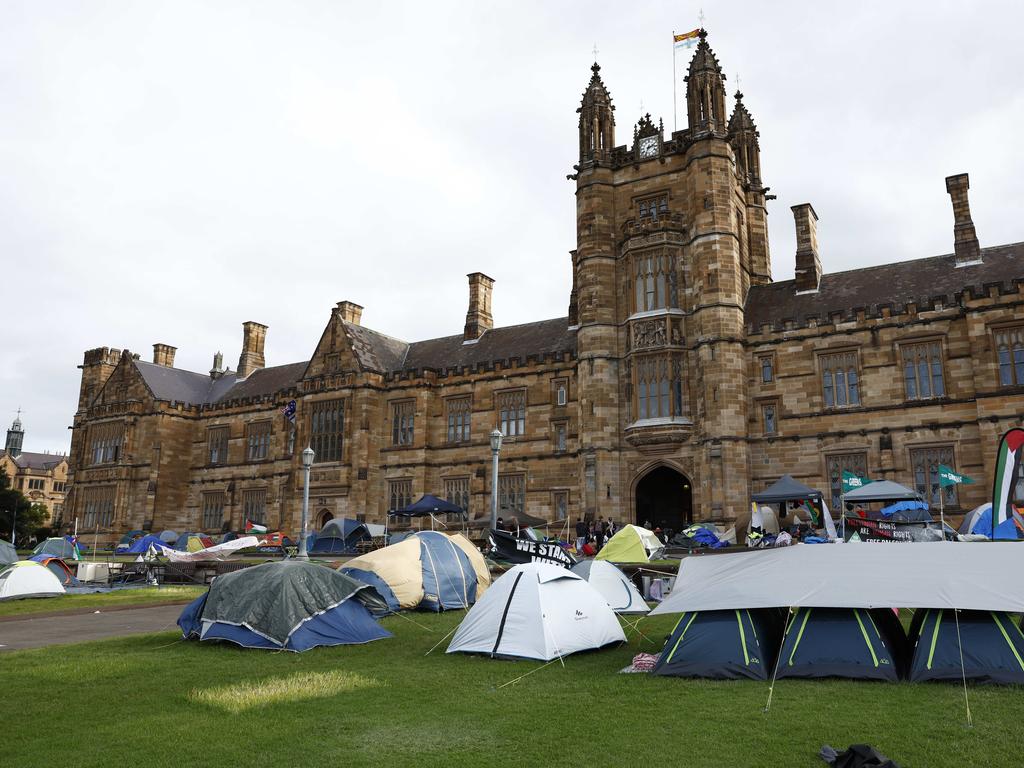

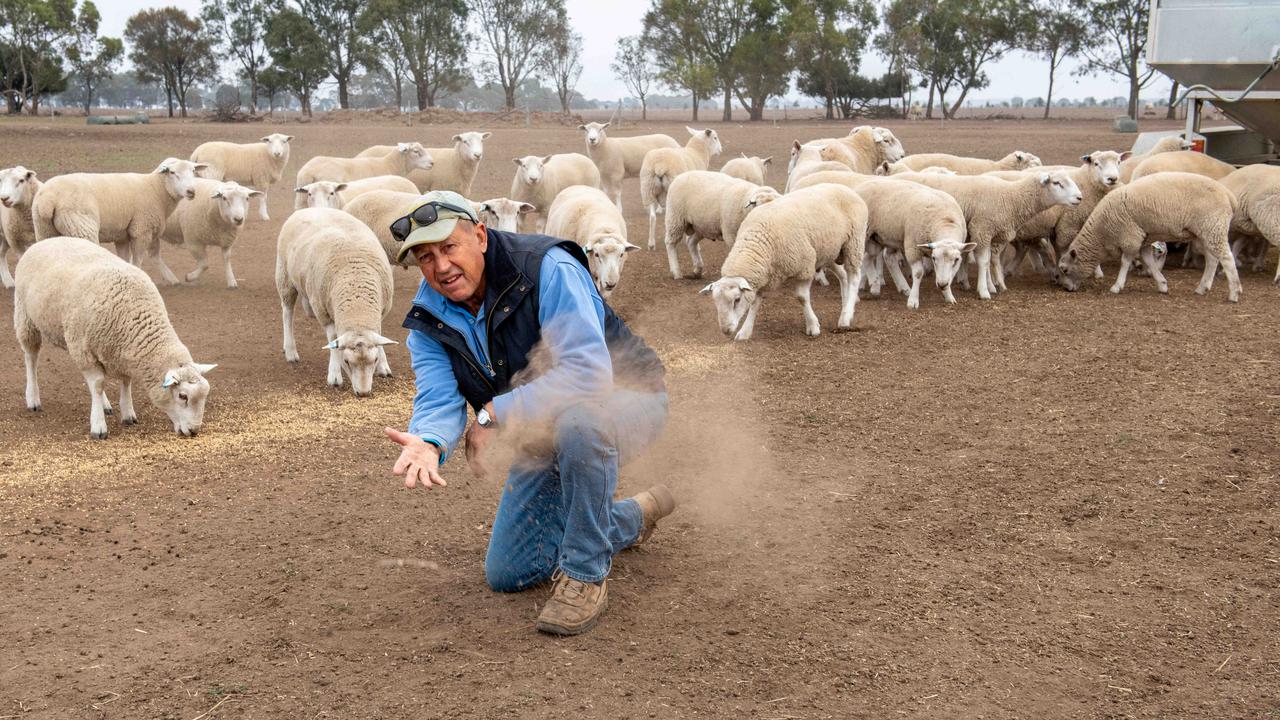
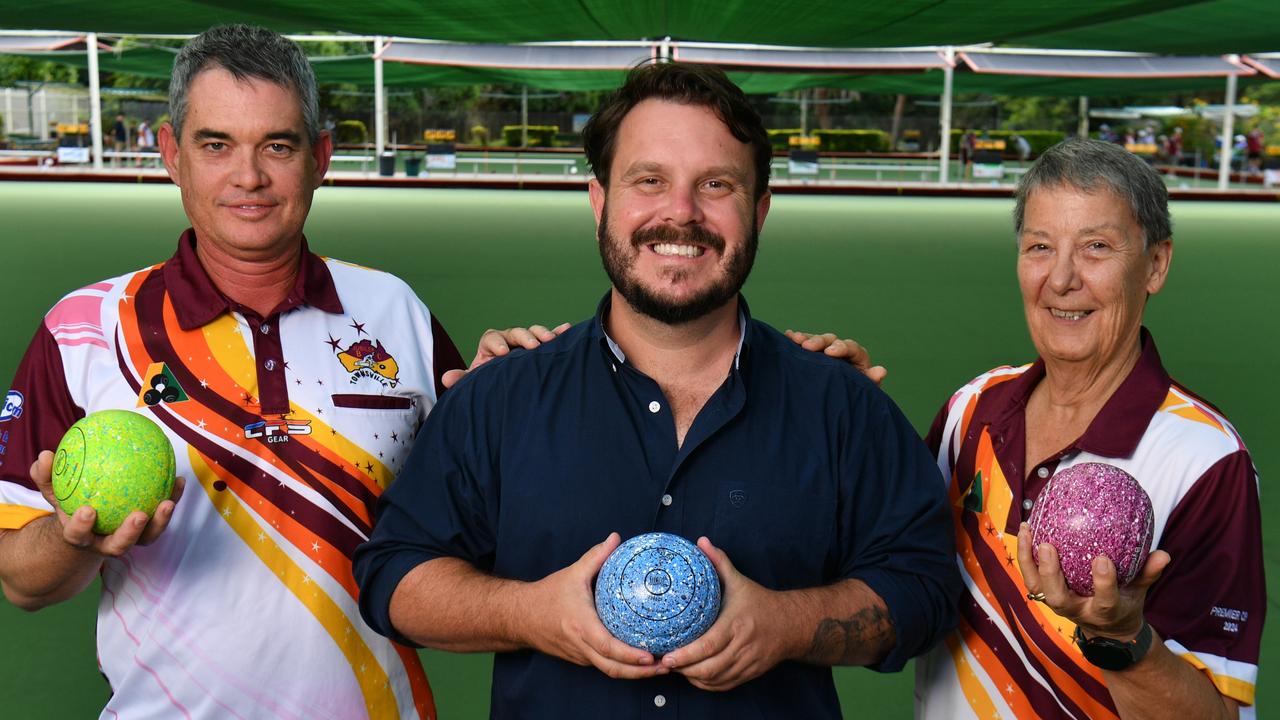
To join the conversation, please log in. Don't have an account? Register
Join the conversation, you are commenting as Logout